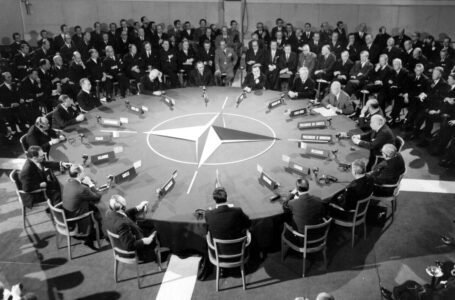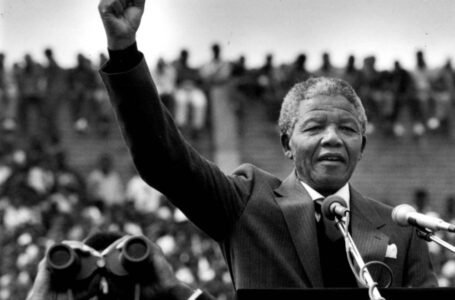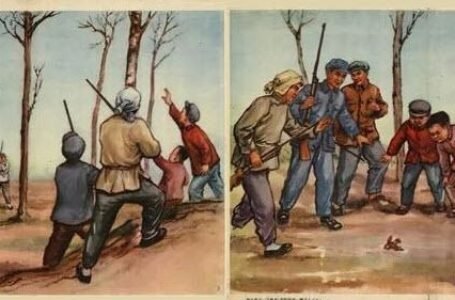Sir Chettur Sankaran Nair: The Firebrand Statesman Who Defied the British Empire

-Arushi Kastwar
Sir Chettur Sankaran Nair CIE was not only a giant legal mind but also an unflinching statesman who contributed substantially to India’s constitutional and political growth in the early 20th century. His life and times are characterized by a unique combination of judicial acumen, patriotic passion, and unshakeable courage in the face of colonial domination.This blog guides you through the life, achievements, and lasting legacy of Sankaran Nair—a man who went famously against British policies within the colonial administration and paid for it with grace and unyielding defiance.
Early Life and Background
Chettur Sankaran Nair was born on the 11th of July 1857, in the village of Mankara in the Malabar district of what is now Kerala, to an aristocratic Nair family. His birth year shared a coincidence with one of the most significant moments in Indian history—the Revolt of 1857—which, almost poetically perhaps, foreshadowed his own future destiny as a critic of imperial rule.
Growing up in an intellectually stimulating and culturally diverse context, Nair was heavily affected by Western-style education as much as by his own indigenous tradition. He learned at Presidency College, Madras (now Chennai), where he was a model student and came to pursue the law as a career.
Rise in the Legal Profession
Sankaran Nair’s lawyering skill was soon evident as he joined the Madras Bar. In 1906, he became Advocate-General of the Madras Presidency—a rare honor for an Indian under the British Raj. As Advocate-General, he was the head lawyer advising the colonial government of Madras and participated in major legal cases and legislative discussions.
In 1908, he became a puisne judge (junior judge) of the Madras High Court and remained one until 1915. During his time on the High Court bench, as a judge there, Sankaran Nair stood out as a judge well-versed in law, as well as possessing judicial independence and even-handed logic. He had a reputation as being fair-minded and fearless—one that would soon characterize his own political life.
Political Involvement and the Indian National Congress
Even while in possession of the highest legal offices, Sankaran Nair never severed his connection with the cause of Indian nationalism. His identification with the Indian National Congress was long, and in 1897, he was elected President of the Indian National Congress at the Amraoti session.
His presidential speech is best known for its candid critique of British policy and his cry for self-rule and increased Indian involvement in the administration. It was a bold action for an era when the Congress leadership was dominated by moderate elements who did not venture to directly challenge British rule.
Nair’s speech set down the main demands that later became the cornerstones of the Indian movement for freedom, such as:
– Equality before law and in the civil services
– Increased representation of Indians in legislative councils
– Reduction in military spending
– Freedom of speech and the press
Member of the Viceroy’s Executive Council (1915–1919)
In 1915, Sankaran Nair attained the pinnacle of his public service career by being appointed to the Viceroy’s Executive Council—the chief administrative body of British India. He was allocated the portfolio of Education and was India’s education minister.
During his term, he initiated various reforms to increase and enhance the quality of education in India. His focus was on Indianizing education and the establishment of technical and vocational training schools. He also advocated for national universities, which would later affect the formation of Indian institutions such as Banaras Hindu University and Aligarh Muslim University.
But Sankaran Nair’s increasing disillusionment with British policies, particularly in and after World War I, marked a turning point in his political career.
Resignation in Protest of the Jallianwala Bagh Massacre
The year 1919 was a seismic one in Indian politics. On April 13, 1919, British soldiers led by General Dyer fired on an unarmed assembly in Jallianwala Bagh, Amritsar, killing hundreds of innocent Indians. The massacre stunned the country and unleashed nationwide outrage.
What distinguished Sankaran Nair was his reaction from within the colonial administration. In a historic gesture of protest, he resigned as a member of the Viceroy’s Executive Council, the first and sole Indian of such rank to resign in protest at the massacre.
His resignation letter was candid to the point of bluntness. He denounced the British government’s inability to avert or effectively respond to the atrocity as a “disgrace” to civilized administration. This show of moral courage propelled him to national and international fame, further cementing his image as a man of principle and fortitude.
Legal Battle with Michael O’Dwyer
Nair’s protest went beyond the act of resignation. In 1922, he wrote his own autobiography, Gandhi and Anarchy, where he attacked the colonial government and specifically implicated Michael O’Dwyer, ex-Lieutenant Governor of Punjab, for causing the Amritsar massacre.
O’Dwyer has sued him for defamation in a British court. In a rare trial in London, the British jury has ruled in favor of O’Dwyer, ordering damages. The case was widely regarded as politically motivated and unfair, with Indian nationalists perceiving Nair as a martyr to free speech.
Though losing the case, Nair had managed to create an international stir regarding British war crimes in India. His stand helped to spur the cause of Indian self-governance, especially among the moderates, as they regarded his position as a noble and legitimate protest.
Perspectives towards Mahatma Gandhi and the Freedom Struggle
Sankaran Nair’s connection to Mahatma Gandhi was multifaceted. Although he was a great admirer of the courage and moral stature of Gandhi, he also frequently dissented from his approaches, particularly non-cooperation and passive resistance, which he thought were too radical and economically damaging.
In Gandhi and Anarchy, Nair criticized Gandhi’s tactics as impractical and counterproductive. He preferred a constitutional approach to reforms and believed that legal and political engagement with the British government was a more sustainable path to independence.
His criticisms were not the result of animosity but of genuine ideological disagreement. He was concerned that civil disobedience could alienate moderate opinion and create instability—a fear that informed his cautious but tenacious effort at Indian self-rule through institutional means.
—
Legacy and Contributions
Sankaran Nair’s life was a witness to intellectual courage and moral conviction. His contributions cut across several disciplines—law, education, politics, and literature.
- Legal Legacy
He was a trailblazer of judicial independence, making precedents for audacious judicial thinking. His time as a judge is remembered for upholding justice despite institutional inequality.
- Educational Reforms
Working as India’s education minister, he endeavored to universalize education, making it available and relevant to Indian requirements. He advocated for Indian vernacular languages, vocational education, and scientific education.
- Political Courage
His act of principled resignation following the Jallianwala Bagh massacre inspired generations of Indian leaders to oppose injustice within the system.
- Literary Contributions
His writings, particularly Gandhi and Anarchy, are precious historical documents that capture the nuanced ideological struggles of the Indian independence movement.
Honors and Recognition
In 1912, he was knighted by the British government and awarded the title of Companion of the Order of the Indian Empire (CIE). Yet, his subsequent opposition to British policy demonstrated that he was more committed to India than to imperial decorations.
Even though he was knighted, he preferred his conscience to his knighthood when it was most needed.
Personal Life and Family
Sankaran Nair was firmly grounded in his cultural roots. His family was prominent in Kerala’s social and political life. His grandson, K. P. S. Menon, became India’s first Foreign Secretary after independence, carrying on the family tradition of public service.
He was a towering intellectual presence until his death on April 24, 1934.
Conclusion
Sir Chettur Sankaran Nair was a unique personality in Indian history—an insider who had the courage to challenge the system from within. He had the gravitas of a jurist, the integrity of a reformer, and the voice of a patriot. When compromise was easier and silence safer, he took the hard road of truth and justice.
His own life is a reminder that opposition from within the system is not treason, but a way of expressing profound commitment to transforming it. And for that, he should be celebrated not merely as a colonial-era judge or minister, but as a founder of Indian constitutional thinking and as a unobtrusive revolutionary who laid the ground for freedom—one law, one speech, and one protest at a time.


